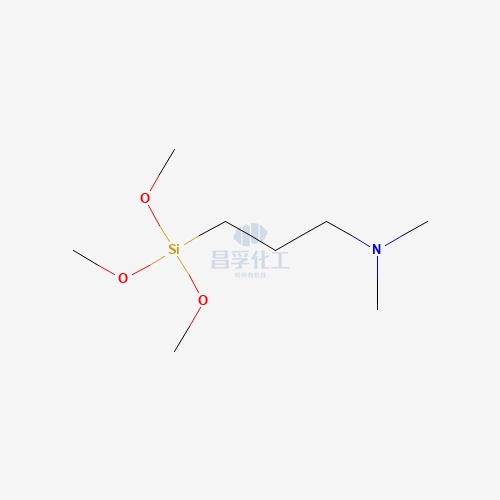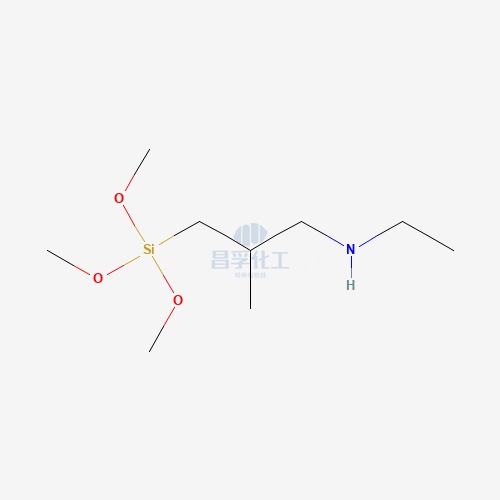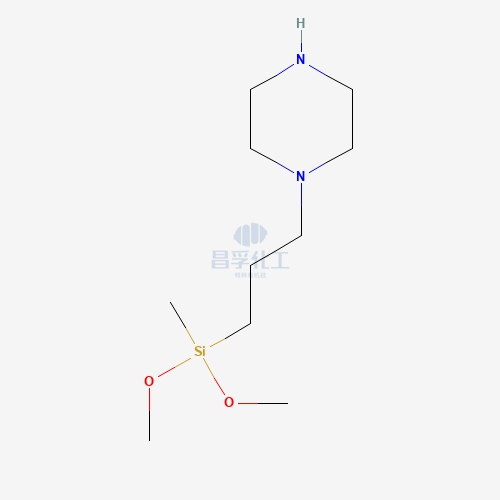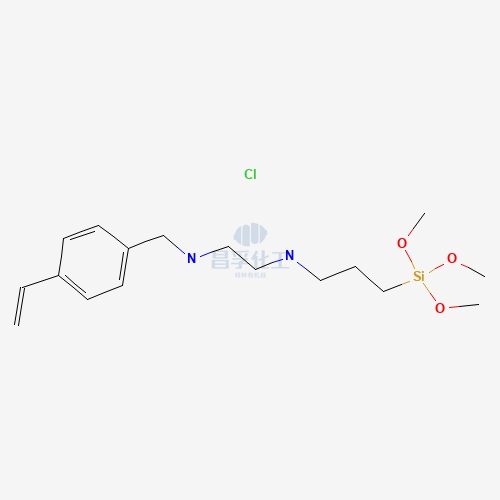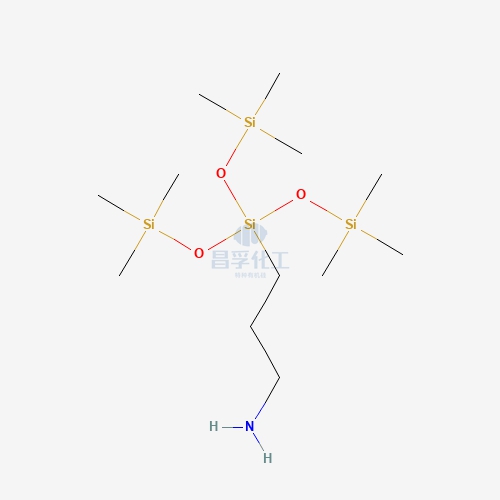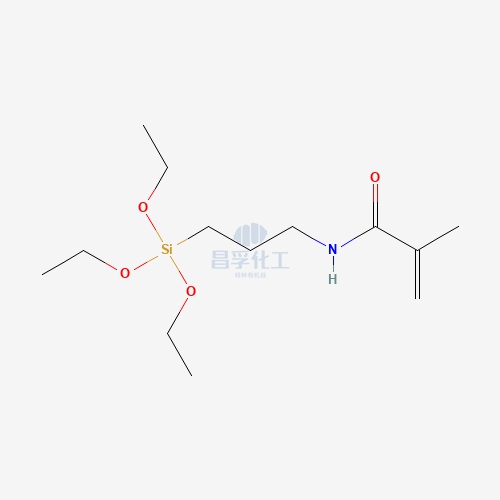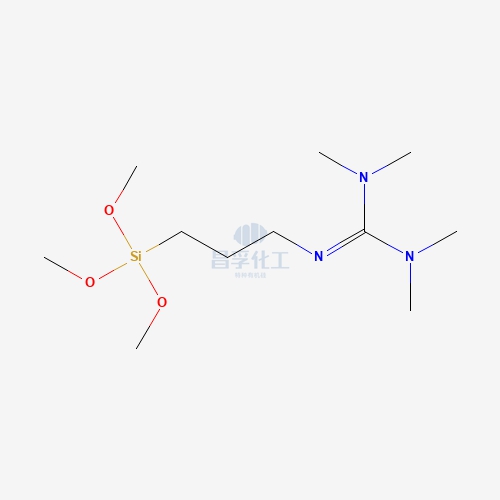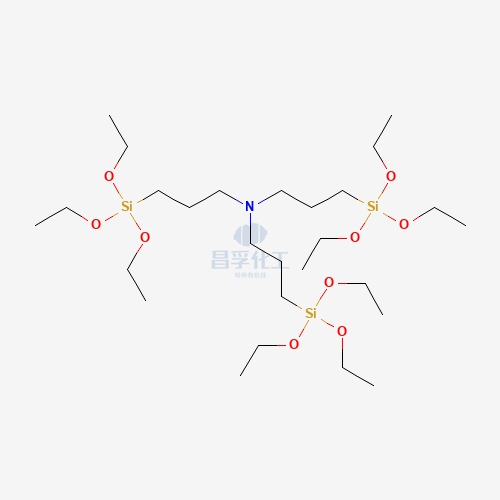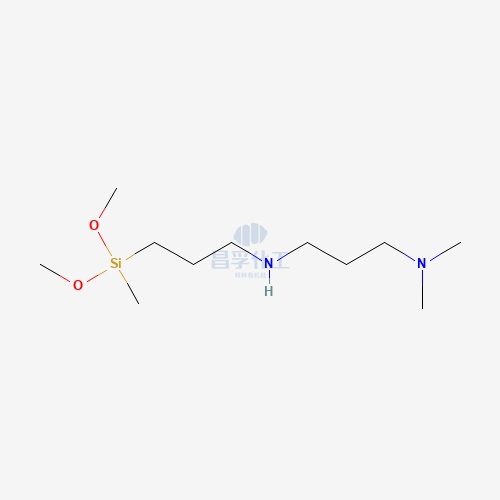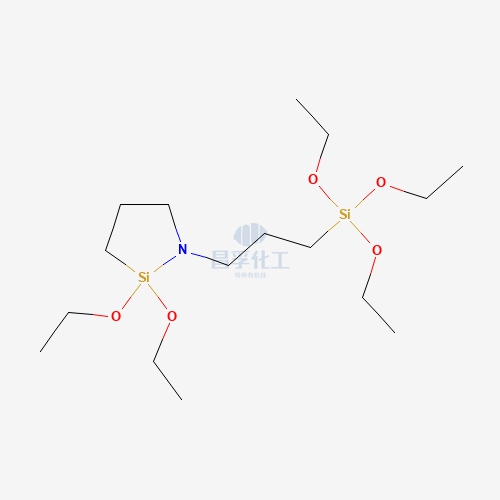
Contact Changfu Chemical Now!
+86 27 8439 6550 | +86 181 6277 0058
A Deep Dive into Reactive Silicones and Specialty Silicones
Introduction
Silicones are among the most versatile and widely used materials in the modern industrial landscape. Known for their unique chemical and physical properties, silicones play a vital role in numerous sectors, from automotive and construction to electronics and healthcare. Within the world of silicones, two categories have gained significant attention for their specialized applications: reactive silicones and specialty silicones. This blog explores the significance, benefits, and uses of reactive and specialty silicones, shedding light on their contribution to technological advancements and industrial solutions.
What are Silicones?
Before delving into reactive and specialty silicones, it's essential to understand what silicones are. Silicones, also known as polysiloxanes, are synthetic polymers made up of silicon, oxygen, carbon, and hydrogen. They have a wide range of forms, from oils, rubbers, and resins to elastomers and gels. Their unique structure imparts a combination of desirable characteristics, including flexibility, heat resistance, low toxicity, and water resistance, making them ideal for various applications across industries.
Understanding Reactive Silicones
Reactive silicones are a subset of silicones that undergo chemical reactions to form durable bonds or cross-linked networks. These reactions are often initiated through heat, light, or the addition of catalysts, allowing for the creation of highly stable materials with excellent mechanical properties. Reactive silicones are often used in industries where strong, long-lasting bonds are required, such as in adhesives, sealants, coatings, and composites.
Key Characteristics of Reactive Silicones
- Versatility: Reactive silicones can be tailored to meet the specific requirements of different applications. For instance, they can be designed to cure quickly, withstand extreme temperatures, or offer resistance to environmental factors.
- Curing Mechanism: Reactive silicones typically cure through moisture or heat, transforming from a liquid or paste into a solid. This curing process is what makes them ideal for applications such as construction sealants and coatings.
- High-performance Bonding: When used in adhesives or sealants, reactive silicones form strong, durable bonds that resist wear and tear, making them suitable for demanding applications in aerospace, automotive, and electronics.
Applications of Reactive Silicones
- Construction and Building: In sealants and adhesives for construction, reactive silicones provide a durable, flexible bond that can withstand vibrations, temperature fluctuations, and moisture.
- Automotive Industry: Reactive silicones are used in automotive sealants, gaskets, and adhesives, where their ability to resist heat, oil, and harsh chemicals is crucial for long-term performance.
- Electronics: In electronics manufacturing, reactive silicones help encapsulate and protect delicate components, enhancing their performance and longevity by offering resistance to moisture and thermal cycling.
Exploring Specialty Silicones
Specialty silicones of specialty chemicals refer to a broad category of silicones that are engineered for specific applications requiring advanced properties. Unlike standard silicones, specialty silicones are designed to meet unique performance standards that may involve specific requirements in terms of flexibility, conductivity, biocompatibility, or weather resistance.
Key Characteristics of Specialty Silicones
- Customizable Properties: Specialty silicones can be tailored for specific needs, such as high heat resistance, anti-fog properties, or electrical insulation. This customization is one of the key benefits of specialty silicones over more general-purpose materials.
- Enhanced Performance: These silicones often exhibit improved physical characteristics, such as better durability, resistance to UV radiation, and higher tensile strength.
- Innovation in Material Science: Specialty silicones are often at the forefront of new innovations in material science, as they are engineered to solve complex challenges in industries like healthcare, electronics, and energy.
Applications of Specialty Silicones
- Medical Devices: In healthcare, specialty silicones are used in products like medical implants, catheters, and wound dressings. Their biocompatibility, low toxicity, and flexibility make them ideal for long-term use in the human body.
- Consumer Electronics: Specialty silicones are used in the production of high-performance devices, including smartphones, tablets, and wearables. They provide electrical insulation, heat resistance, and enhanced durability, helping devices perform in extreme conditions.
- Solar Energy: In the renewable energy sector, specialty silicones are used in the production of solar panels and other energy-efficient technologies. These silicones are designed to offer long-term weather resistance and ensure optimal performance even in harsh environmental conditions.
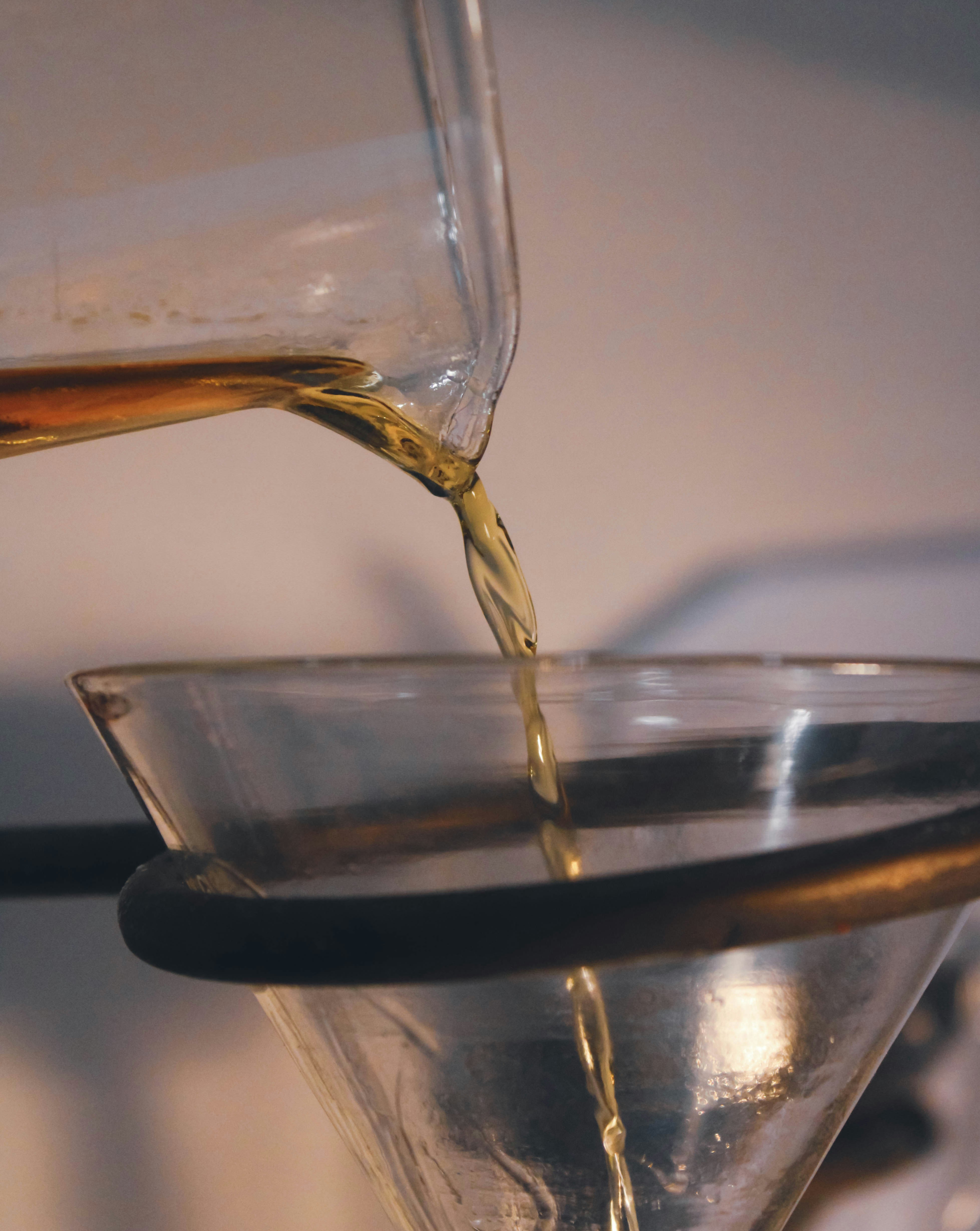
Benefits of Reactive and Specialty Silicones
The combination of reactive and specialty silicones offers numerous advantages across various industries. Here are some key benefits of using these materials:
1. Durability
Both reactive and specialty silicones exhibit exceptional durability. Reactive silicones, through their curing processes, form bonds that are resistant to moisture, chemicals, and extreme temperatures. Specialty silicones, with their tailored properties, provide enhanced resistance to wear and tear, making them ideal for high-performance applications.
2. Flexibility and Versatility
Silicones are known for their flexibility, and both reactive and specialty silicones can be engineered to meet specific requirements in terms of hardness, elasticity, and flexibility. This adaptability is crucial in applications where varying performance standards are needed.
3. Environmental Resistance
Silicones are highly resistant to environmental factors like UV radiation, ozone, and temperature extremes. This makes them ideal for use in outdoor applications, including construction sealants, automotive parts, and solar panel components.
4. Safety and Biocompatibility
Specialty silicones, particularly those used in medical and healthcare applications, offer biocompatibility and low toxicity. They are non-reactive with body tissues, ensuring that medical devices can be used safely over extended periods without causing adverse effects.
Challenges and Solutions in Using Reactive and Specialty Silicones
While silicones offer numerous benefits, they also present some challenges in their usage. However, ongoing research and innovation have led to the development of solutions to address these challenges.
1. Cost Considerations
Specialty silicones, due to their customized nature, can be more expensive than standard silicones. However, their long-term performance benefits, such as reduced maintenance costs and extended product lifespan, often offset the initial investment.
2. Processing and Application Complexity
Reactive silicones require precise curing processes to ensure optimal bonding and performance. In some cases, these processes can be complex and require specialized equipment. However, advancements in silicone formulation and curing techniques have simplified their application.
3. Environmental Impact
While silicones are known for their durability and resistance to environmental factors, their environmental impact, particularly during production and disposal, is a concern. Manufacturers are increasingly focusing on making silicones more sustainable by using greener production methods and recycling options.
The Future of Reactive and Specialty Silicones
The demand for reactive and specialty silicones is expected to continue growing as industries seek advanced materials for increasingly complex applications. Here are some trends shaping the future of these silicones:
1. Sustainability Initiatives
With growing concerns over environmental sustainability, the silicone industry is focusing on developing eco-friendly alternatives, including bio-based silicones and recyclable formulations. This trend is expected to drive the adoption of silicones in green technologies, such as solar energy and electric vehicles.
2. Advancements in Medical Applications
As the healthcare industry continues to innovate, the demand for specialty silicones in medical devices and implants will likely increase. Researchers are exploring new ways to enhance the biocompatibility, durability, and functionality of silicones in medical applications.
3. Smart Materials
The rise of smart materials is creating new opportunities for reactive and specialty silicones. For example, silicones integrated with sensors or self-healing properties could be used in applications ranging from aerospace to wearable technology.
Conclusion
Reactive and specialty silicones are integral to numerous industries, offering unique properties that make them ideal for a wide range of applications. As technology continues to evolve, so too will the demand for these advanced materials. By understanding their key characteristics, applications, and benefits, manufacturers and engineers can make informed decisions about how to incorporate silicones into their products and systems, ensuring high performance, durability, and innovation.
Popular Silicon Compounds
Popular Silicon Compounds
Related News & Blog
Related News & Blog


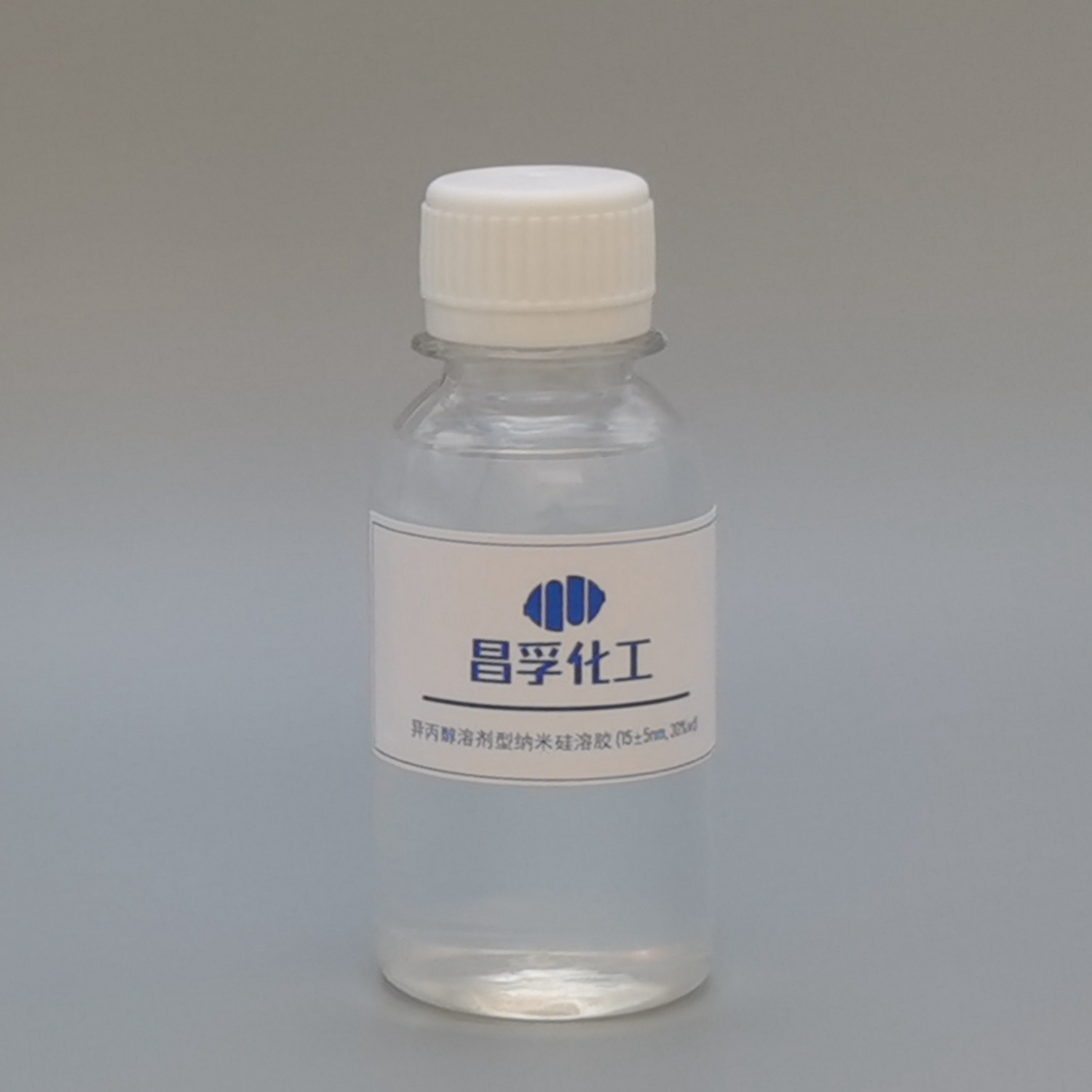
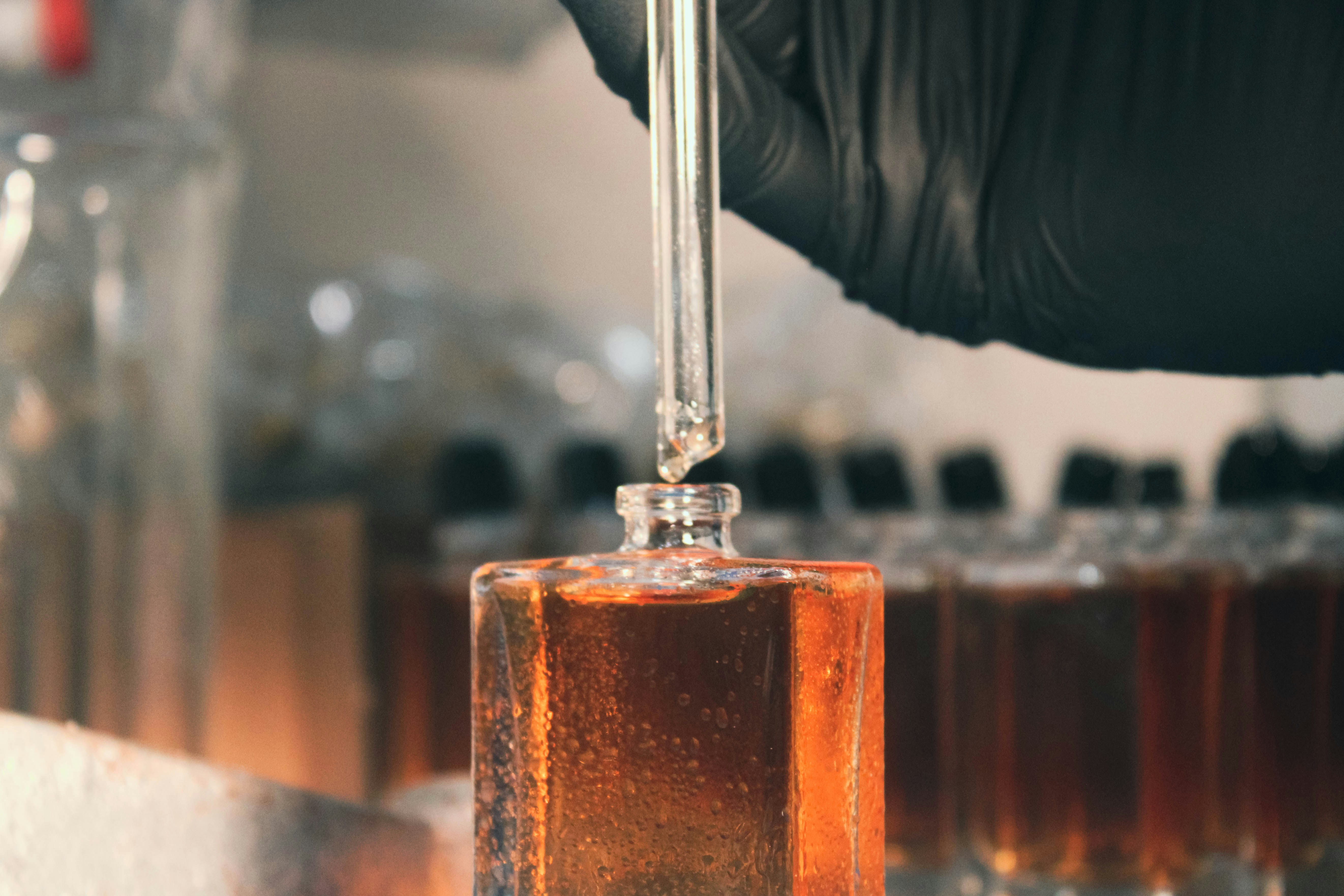
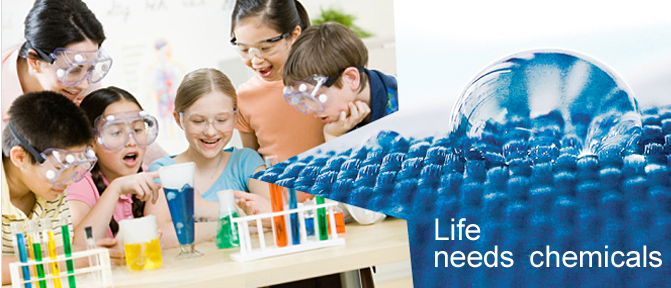
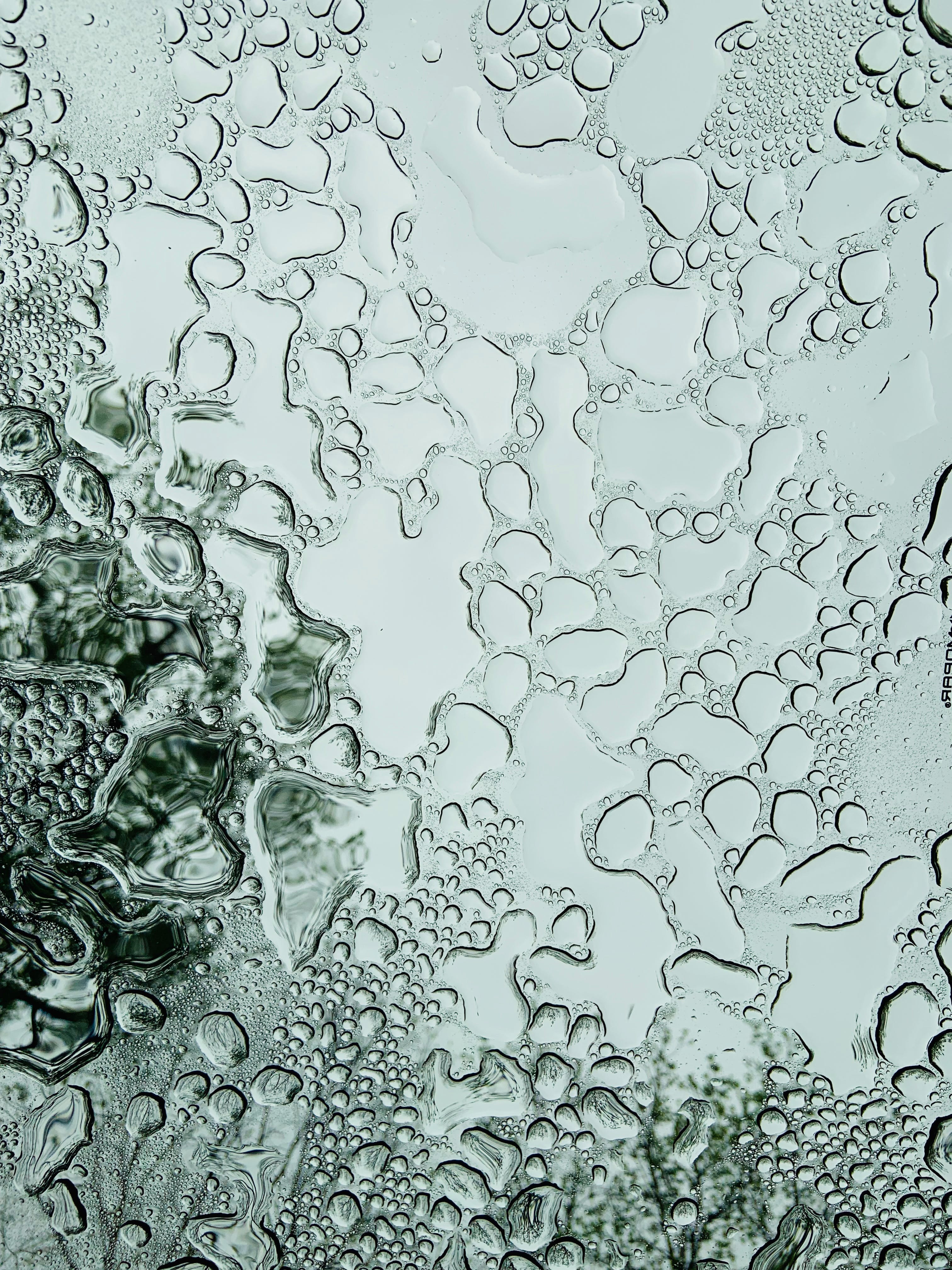

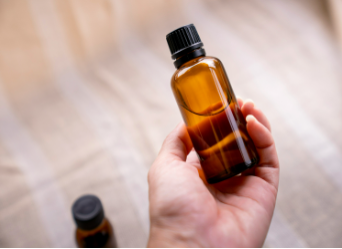



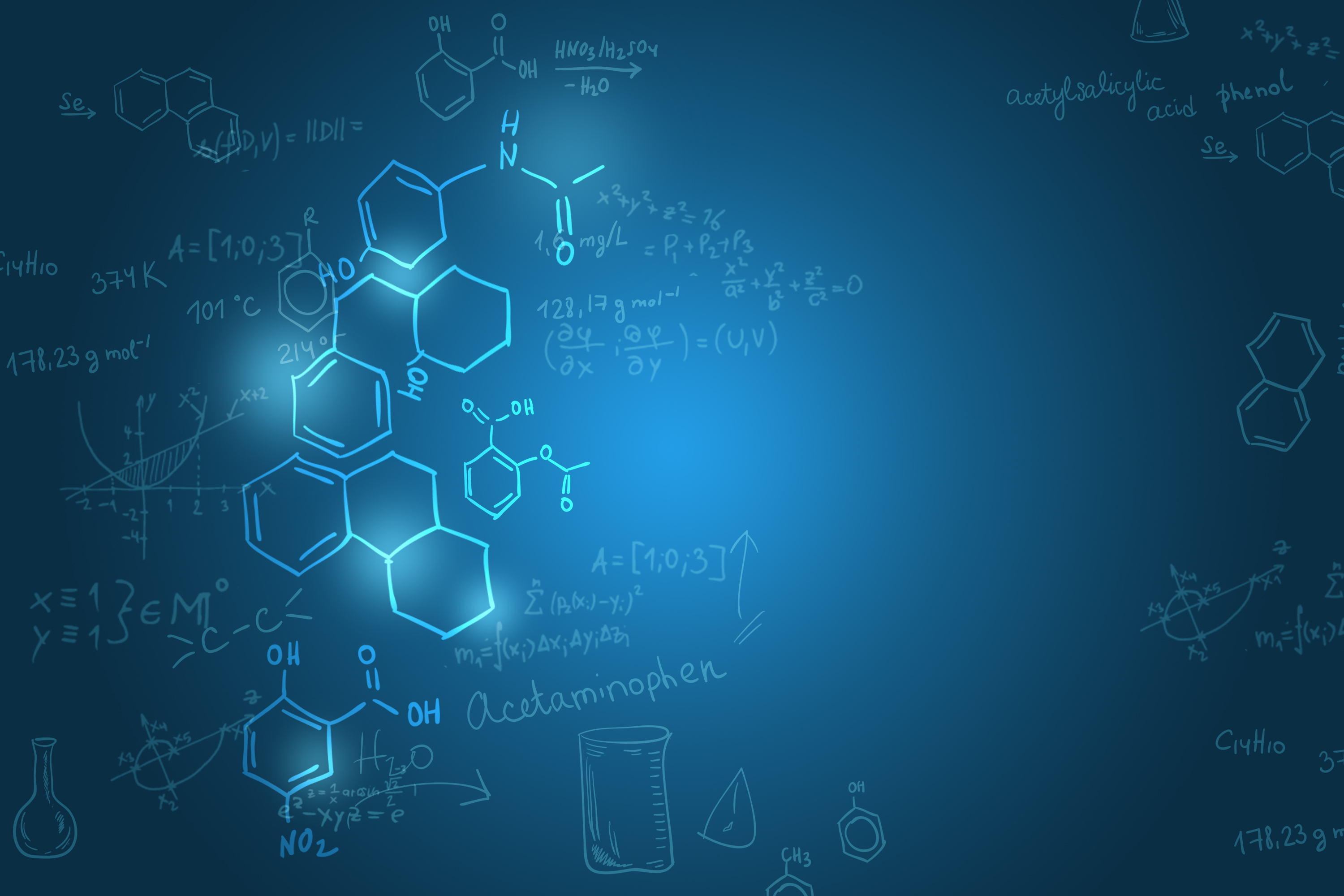

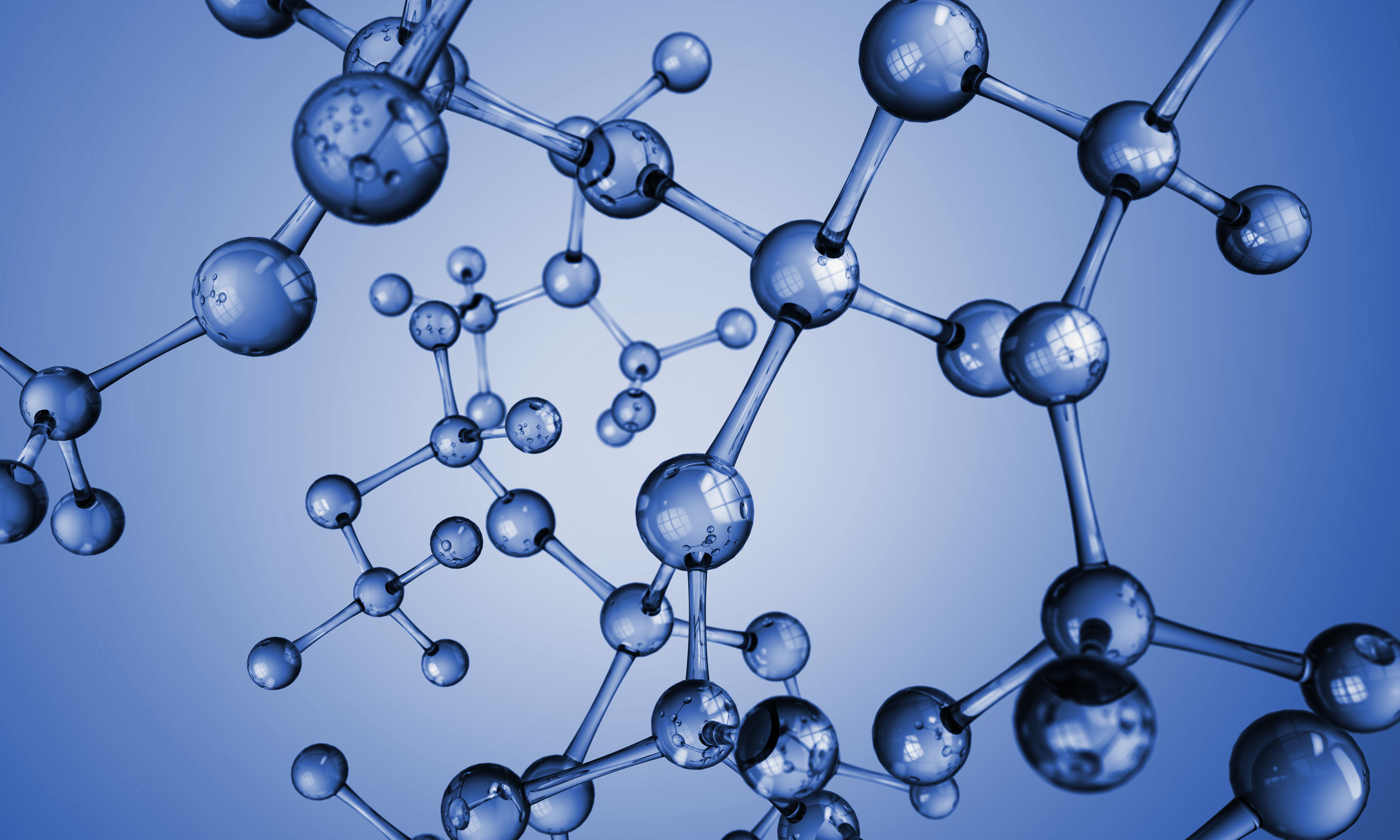










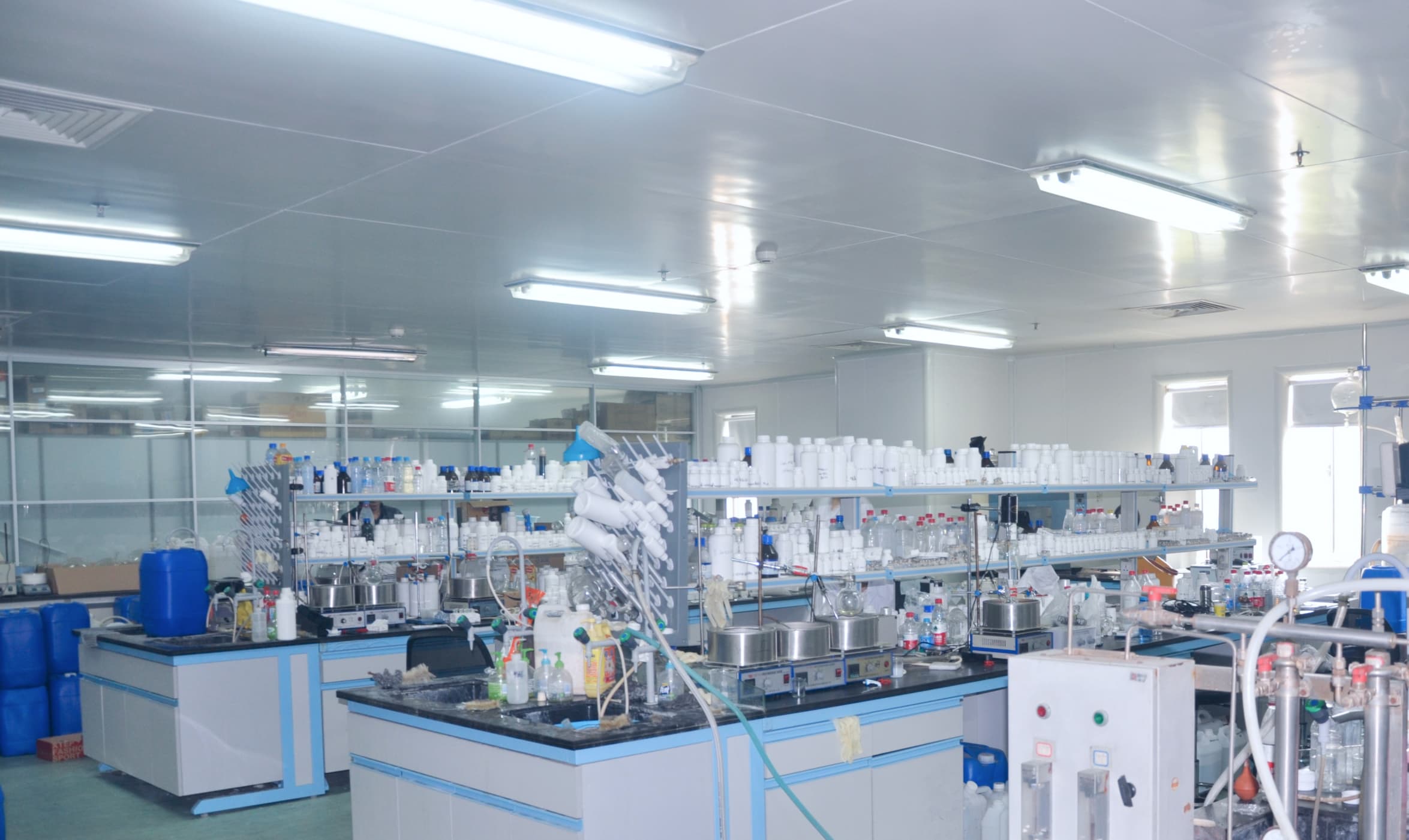


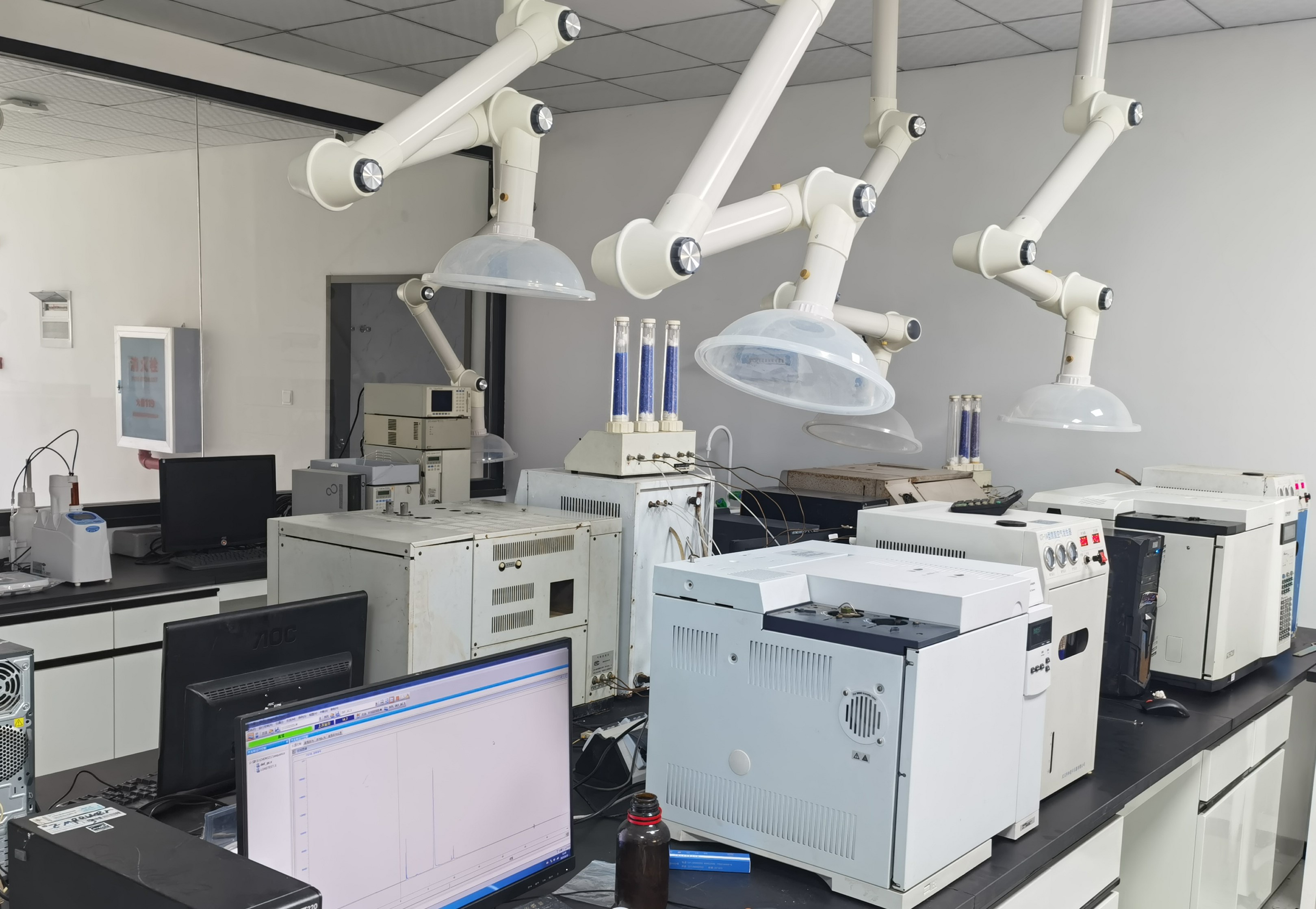
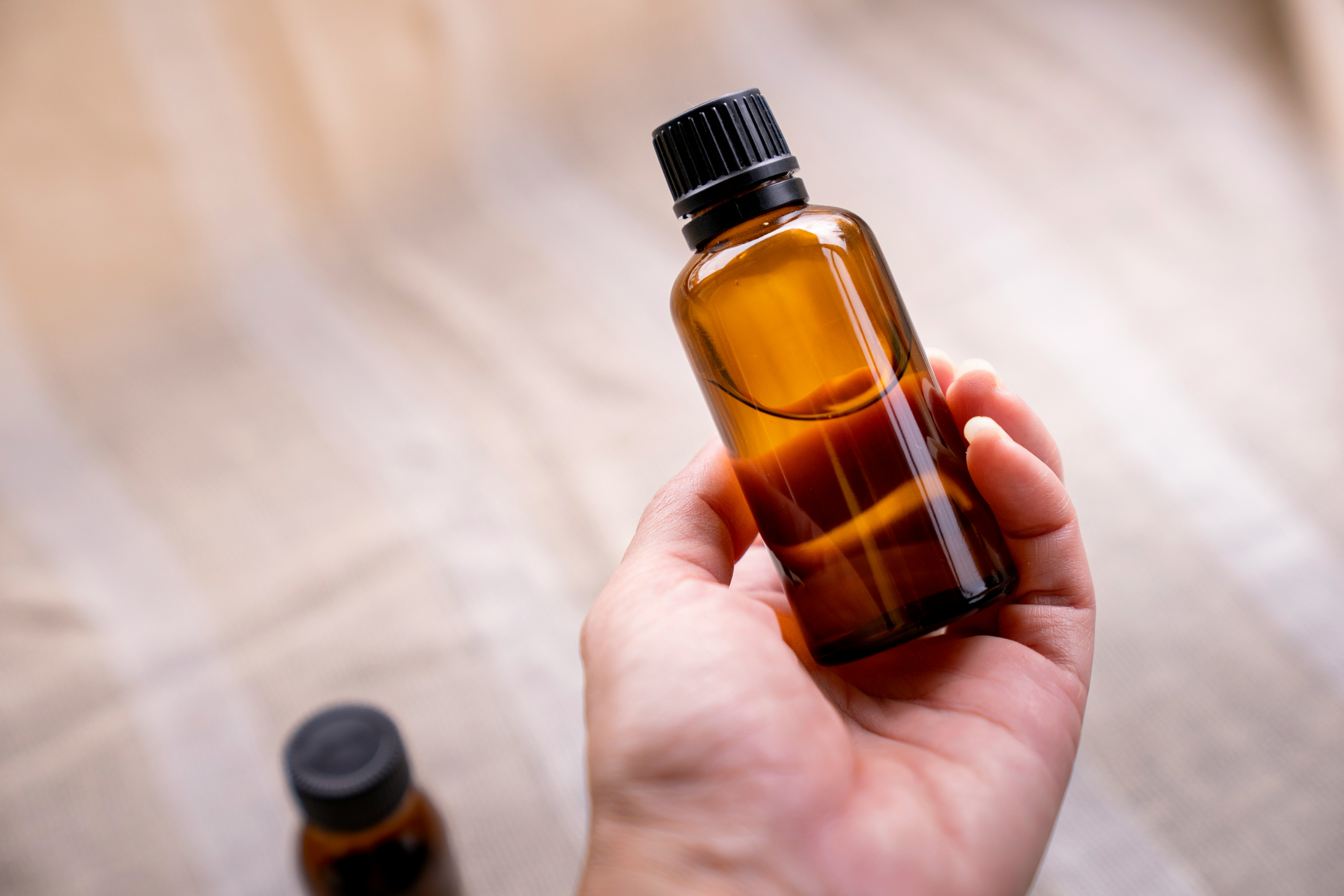
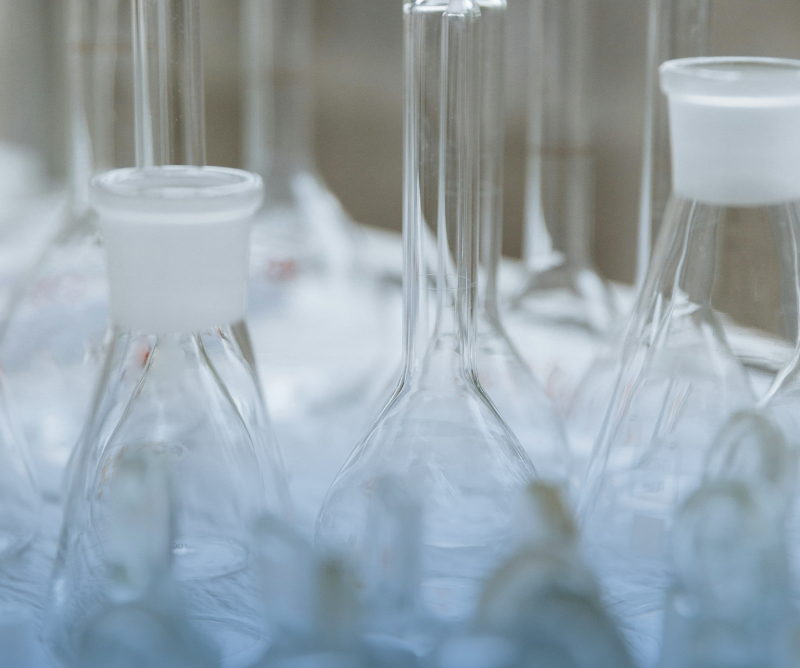

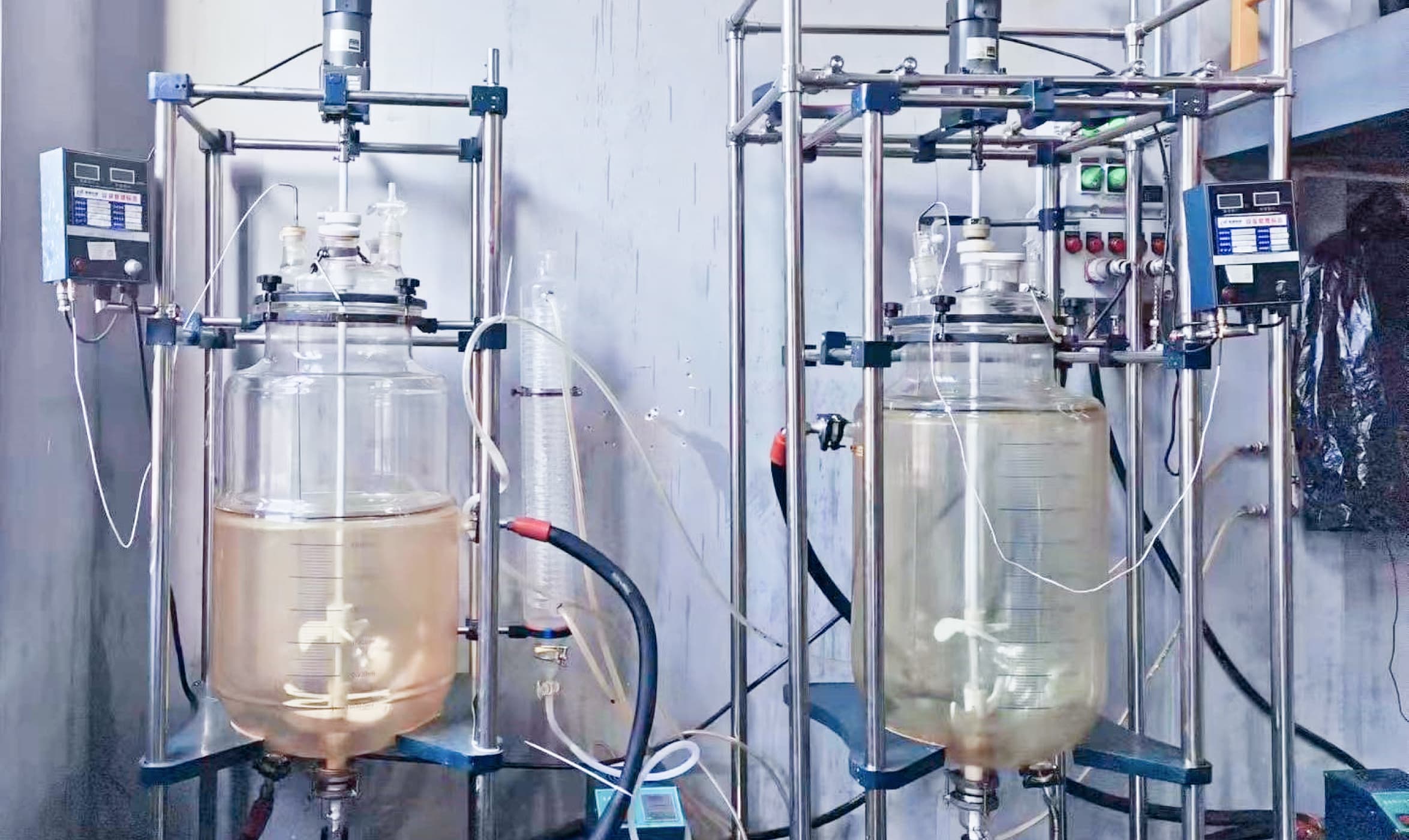
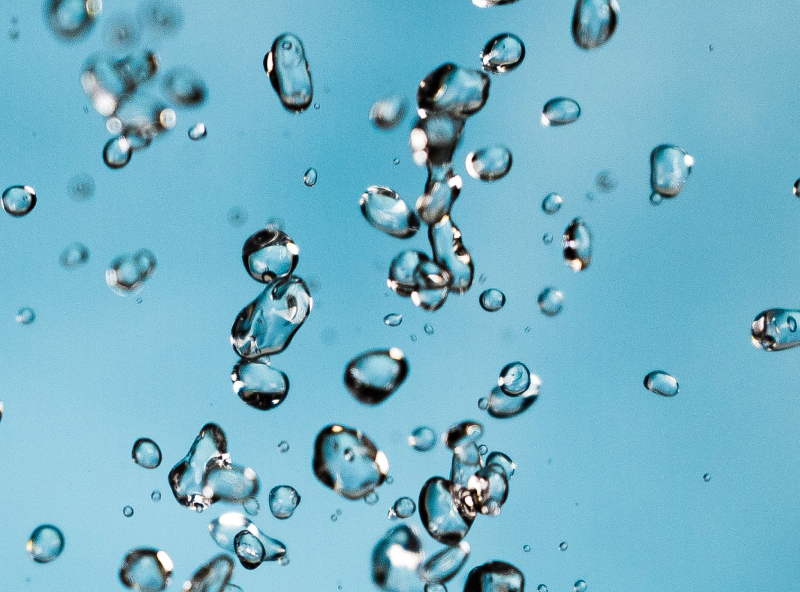


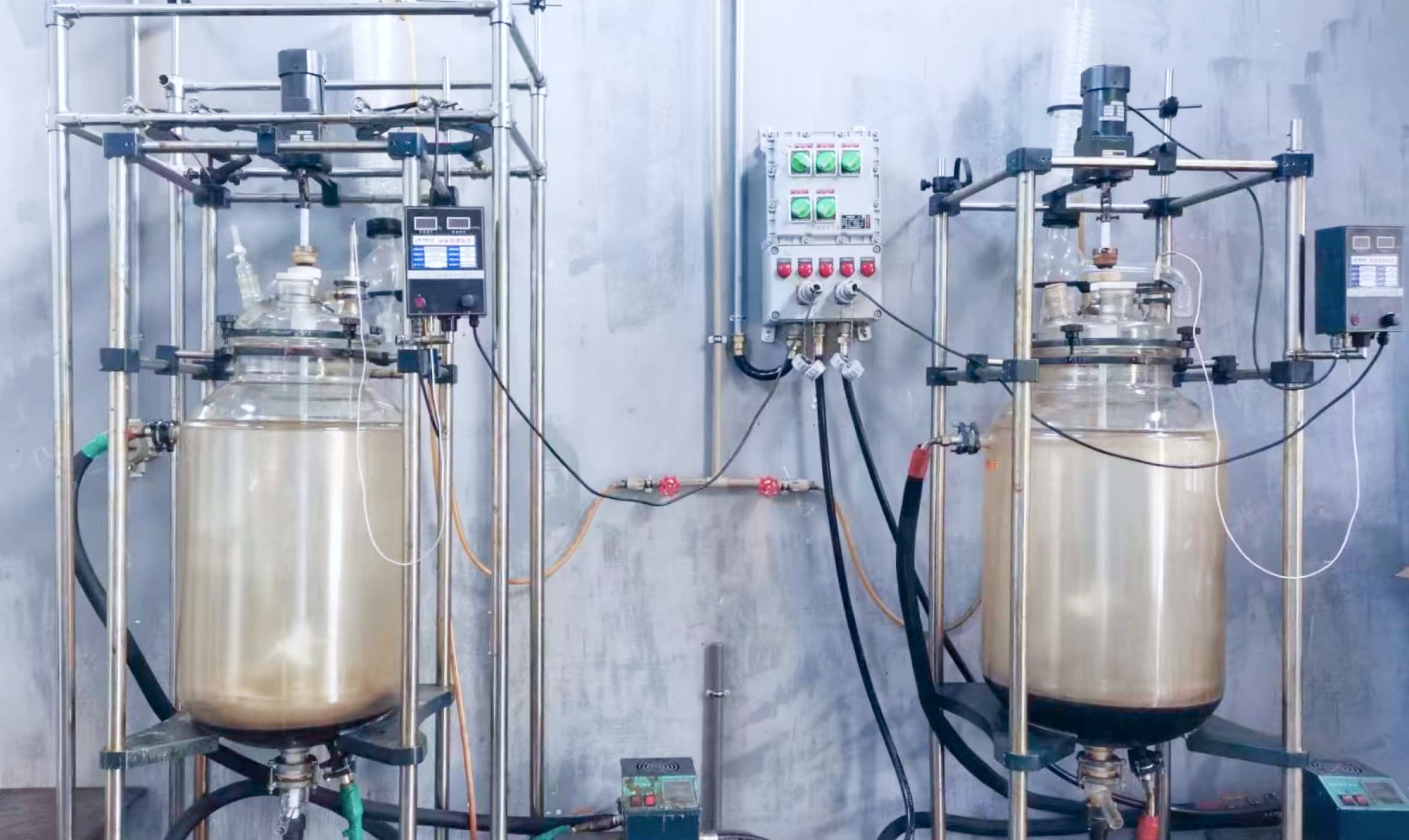
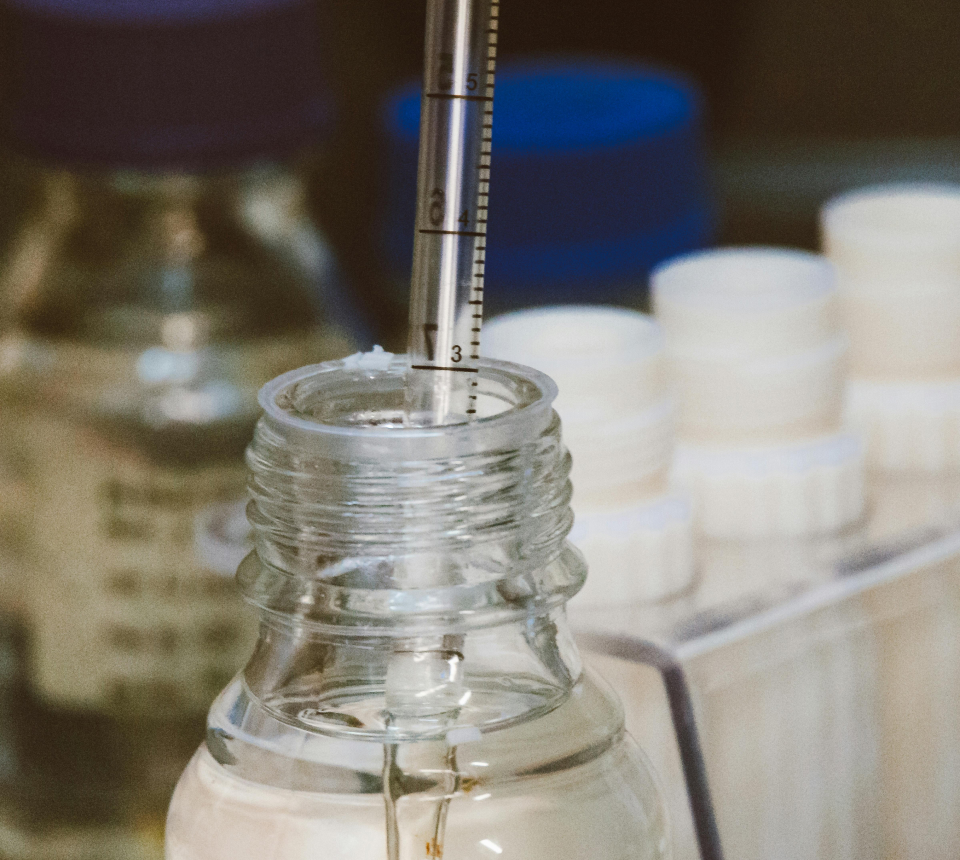





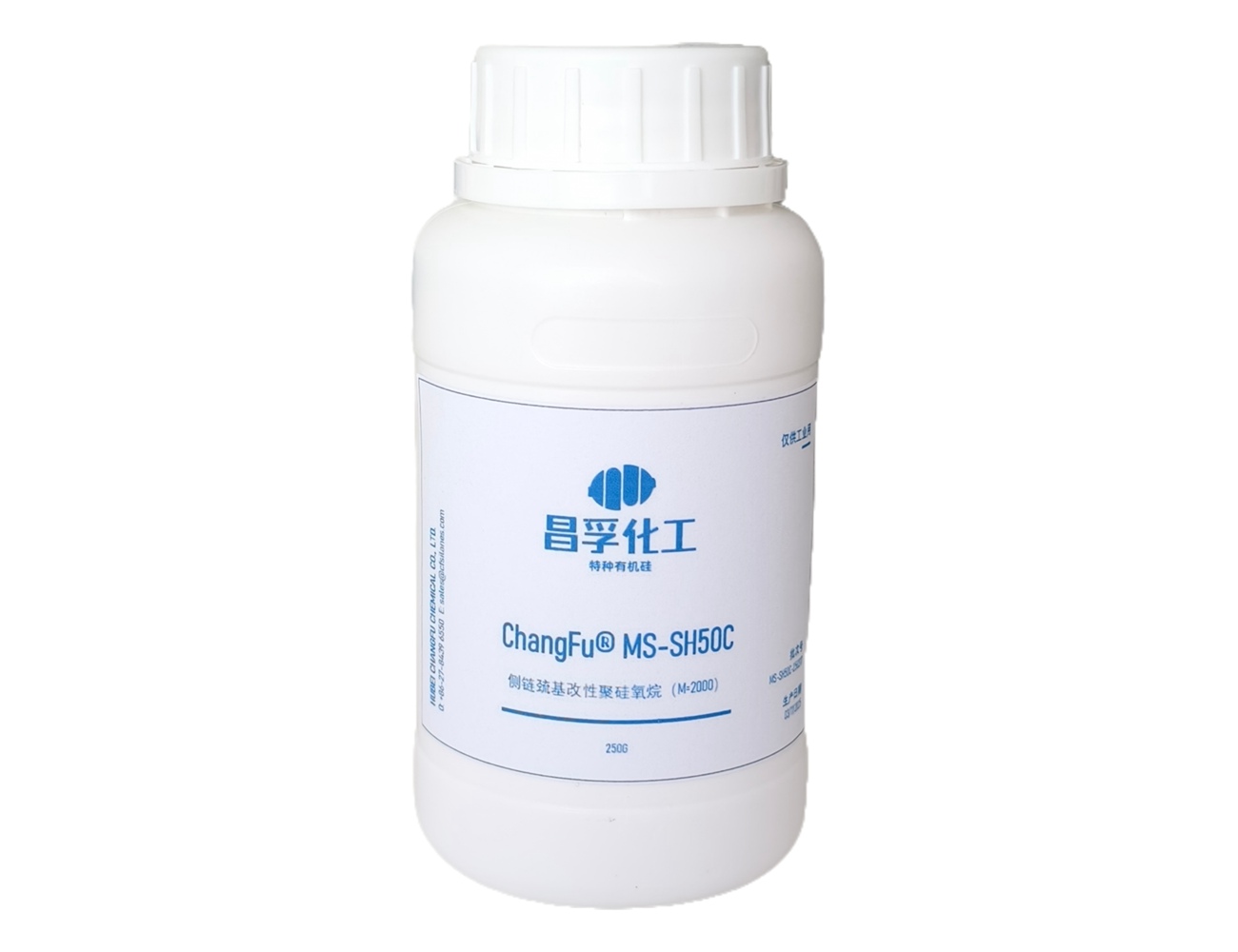



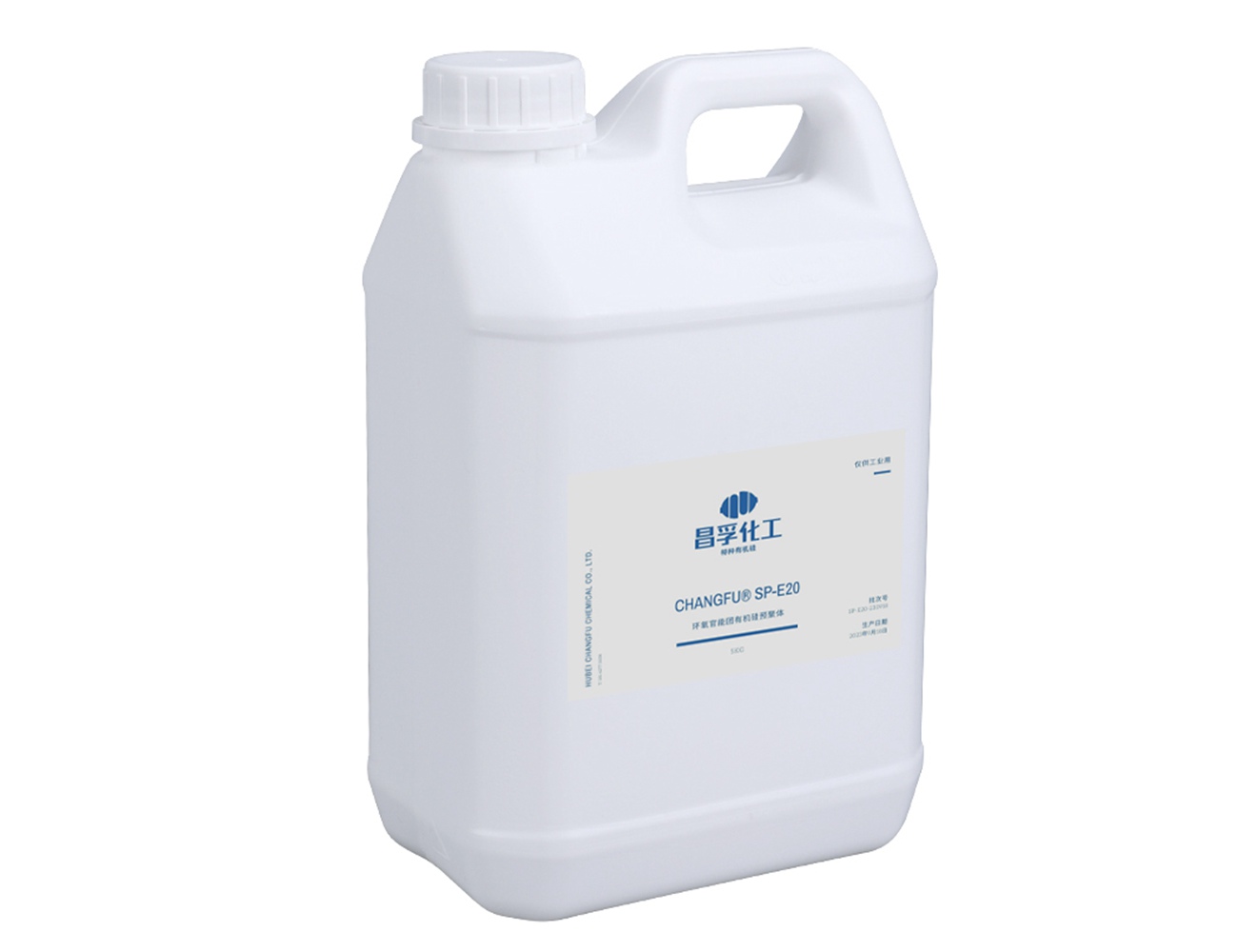
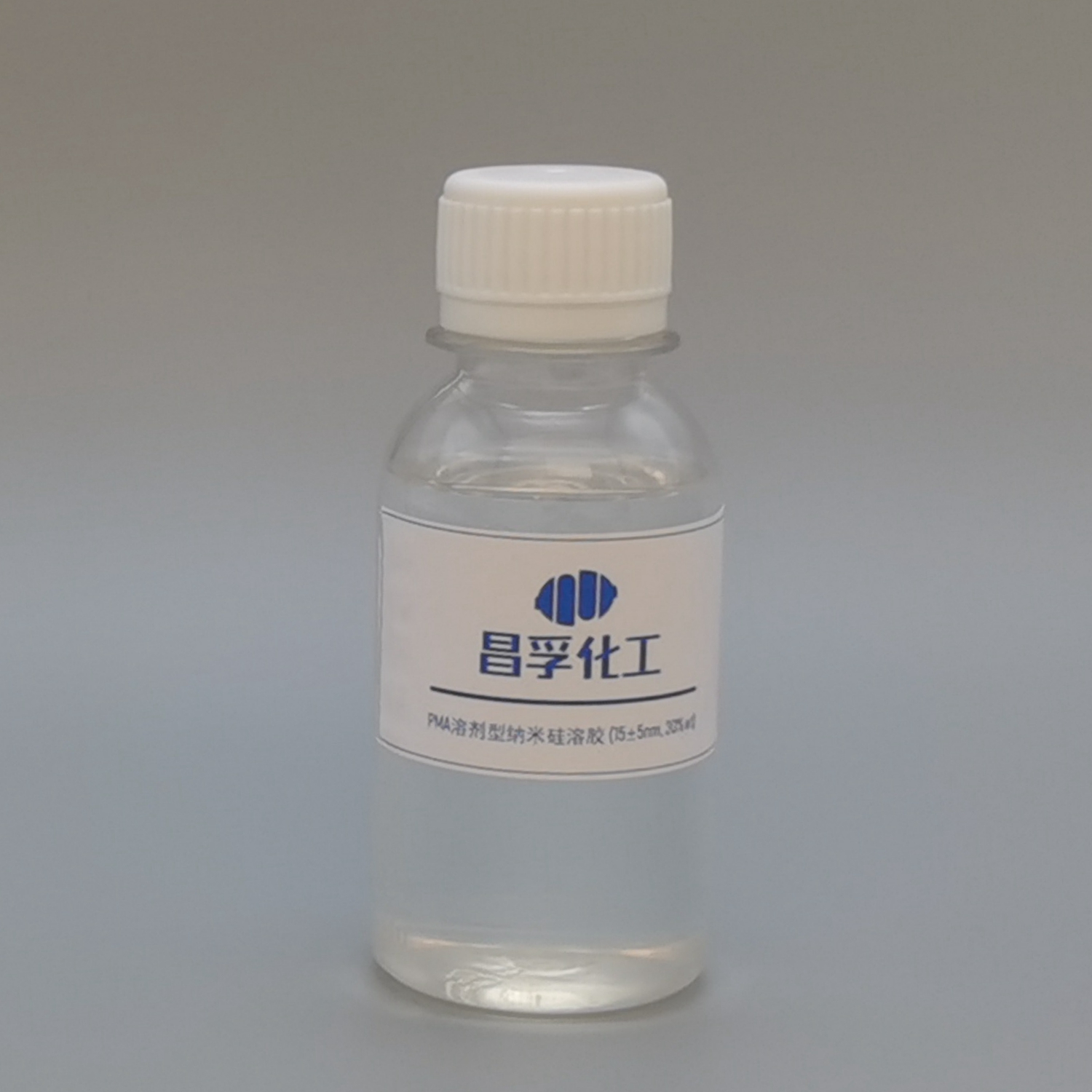
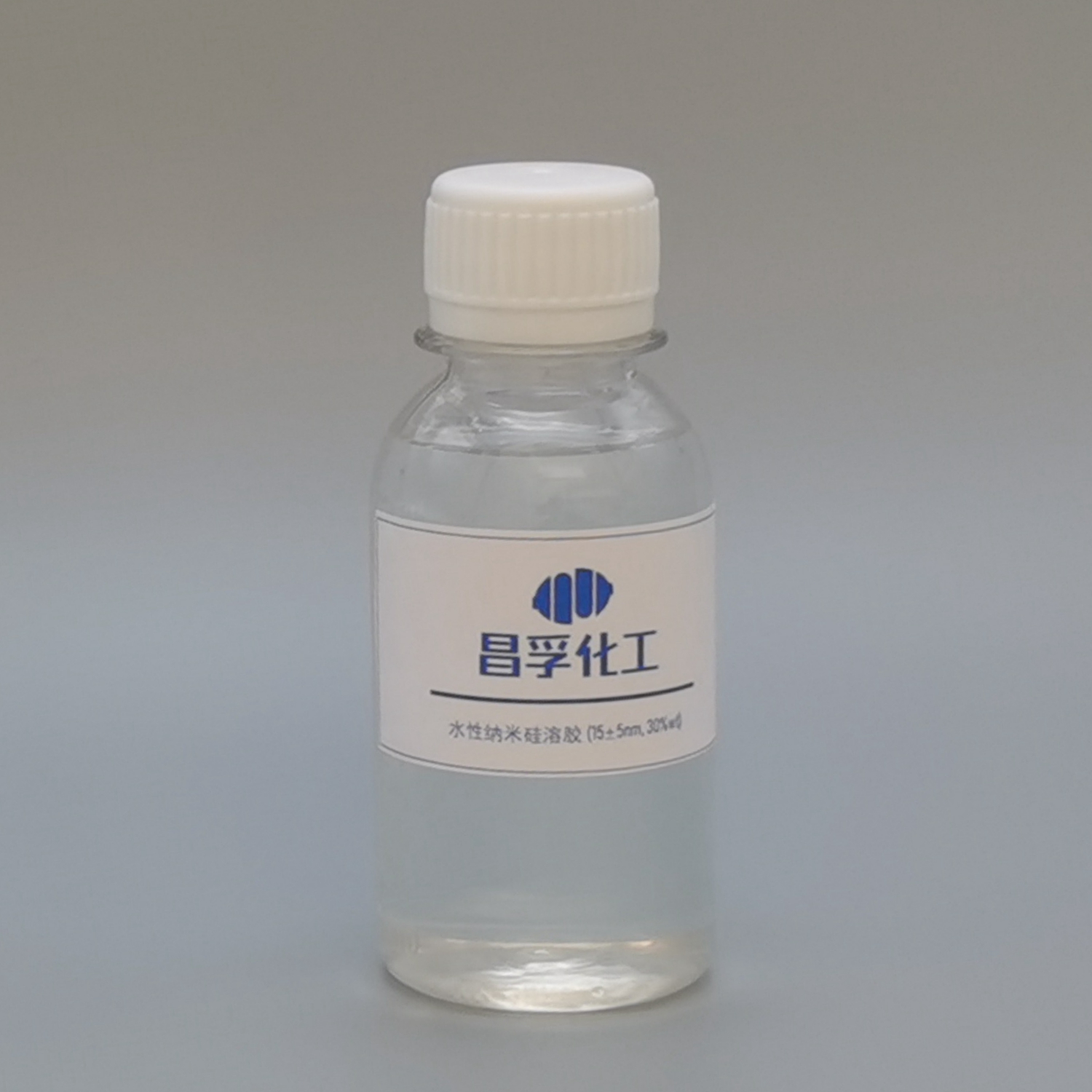

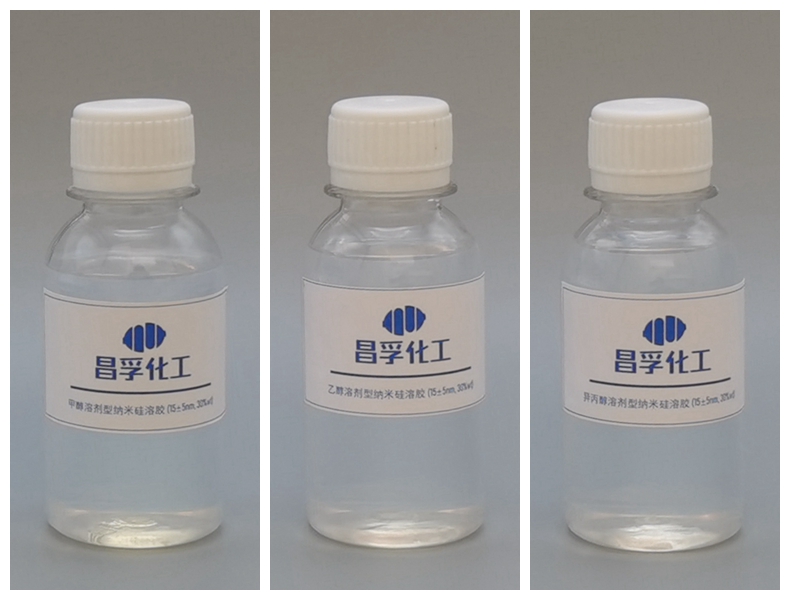
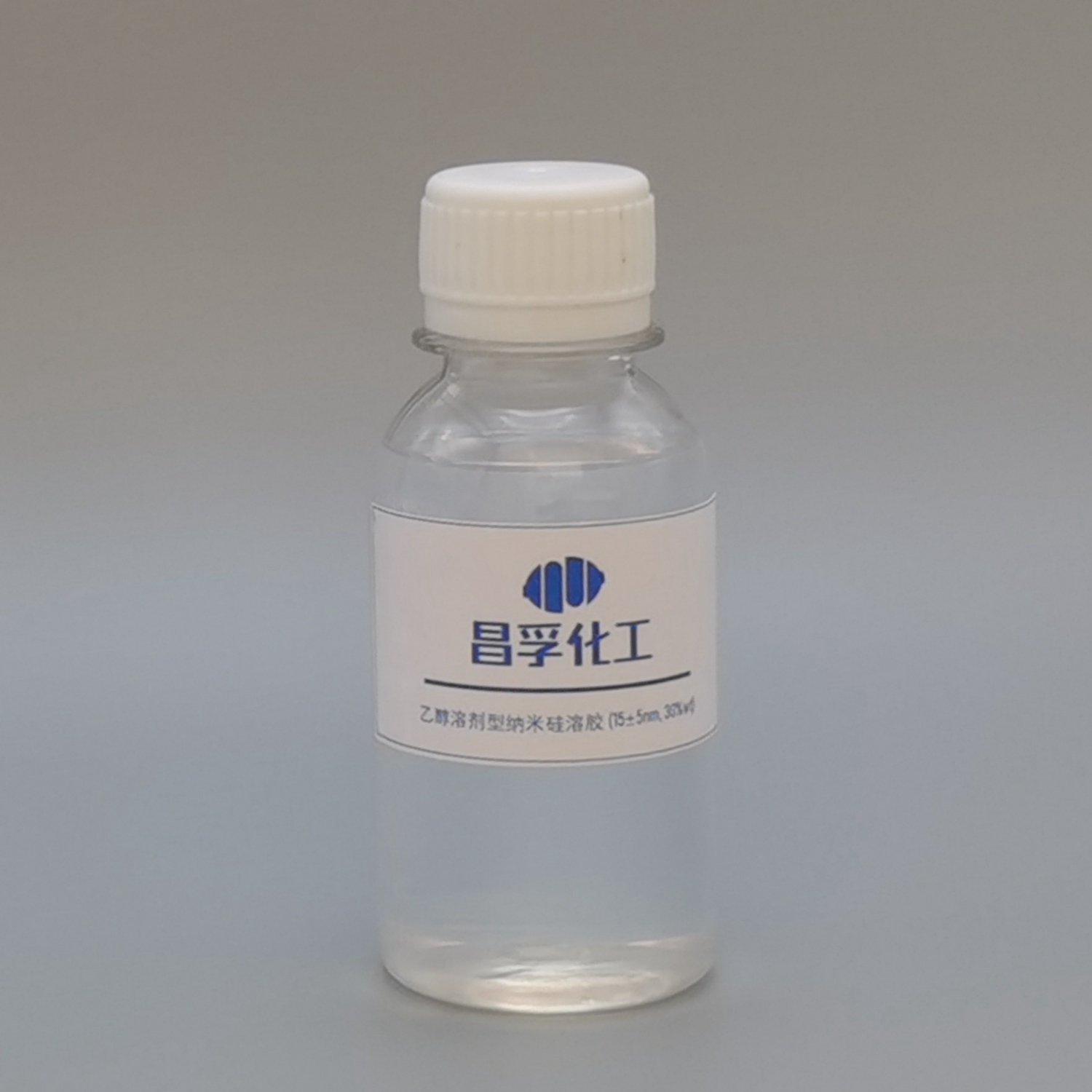
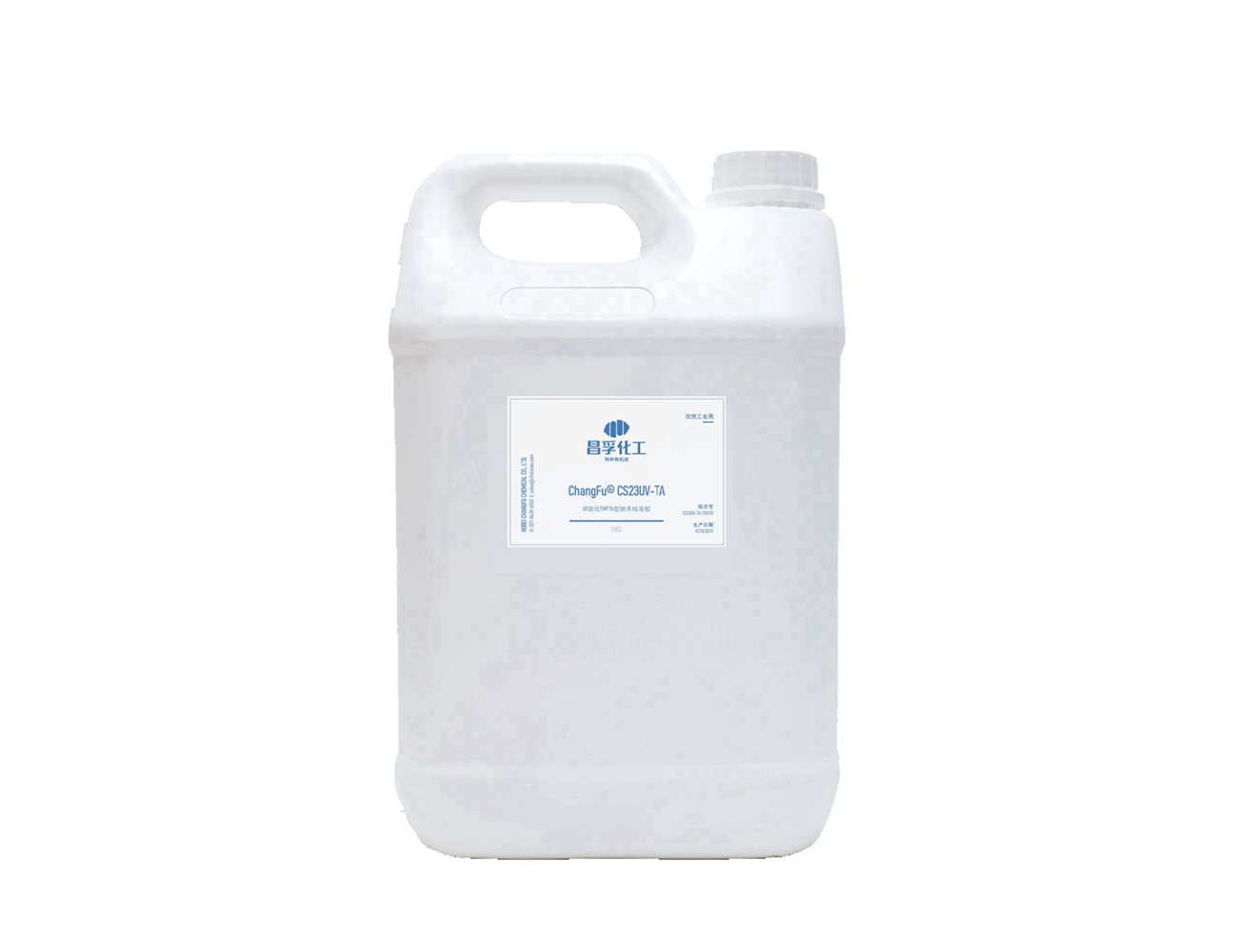
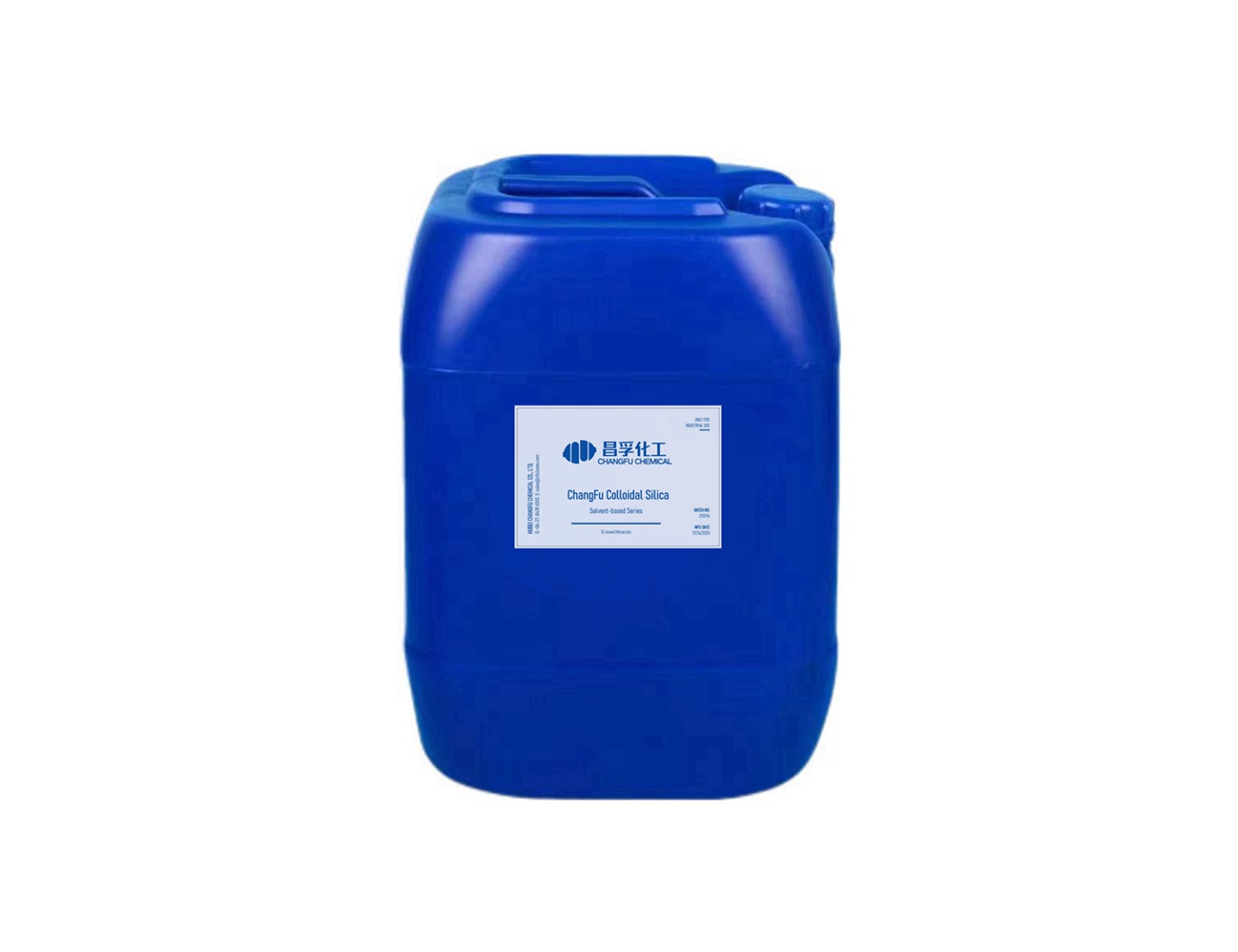


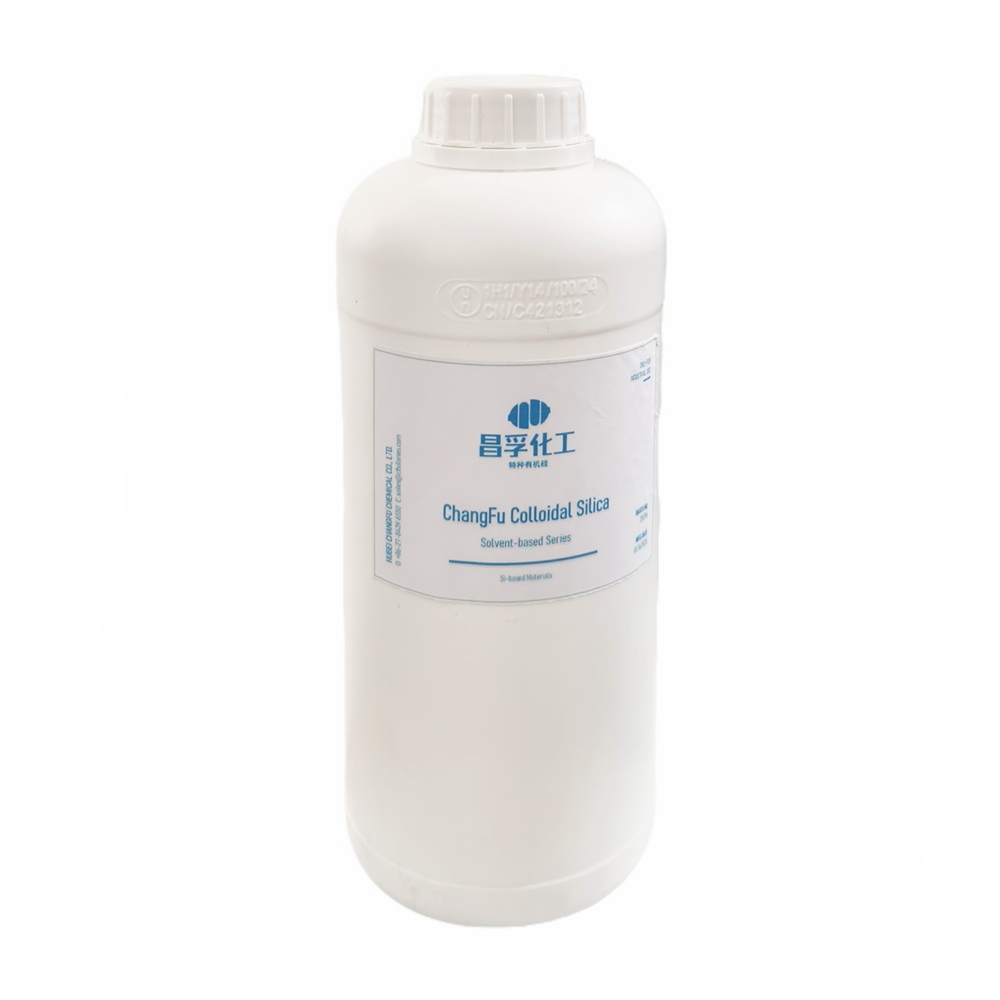


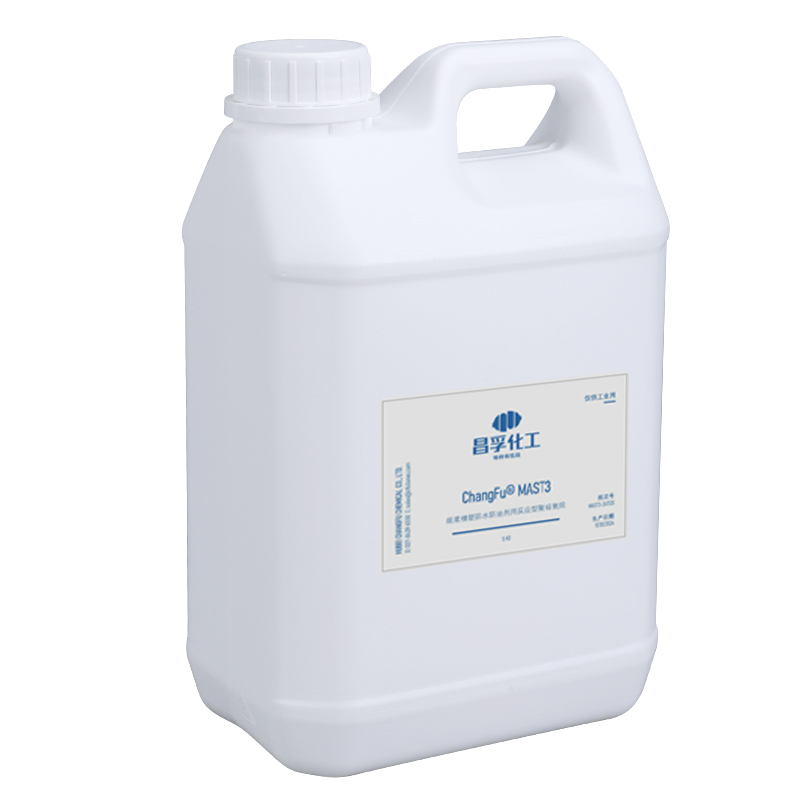












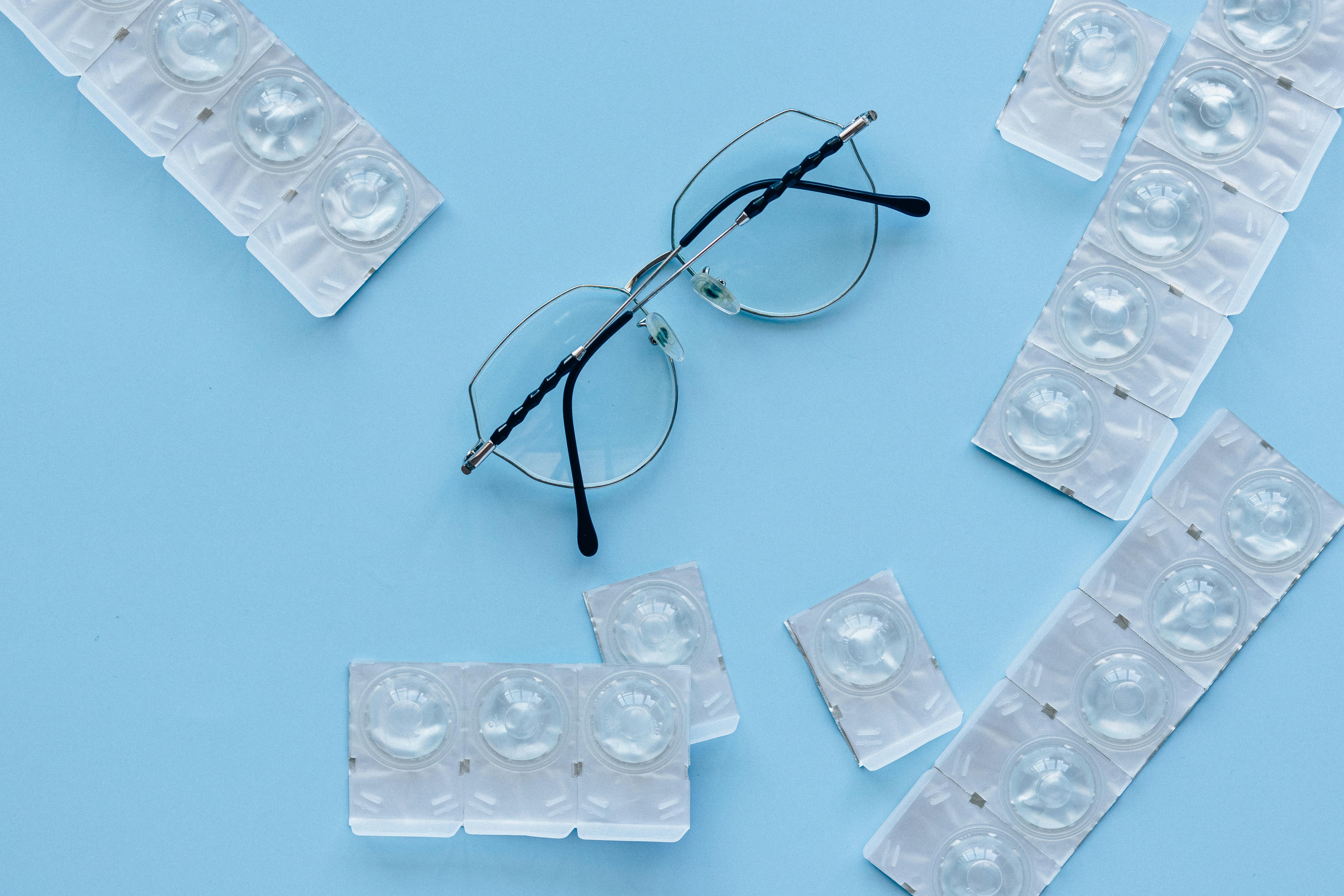
























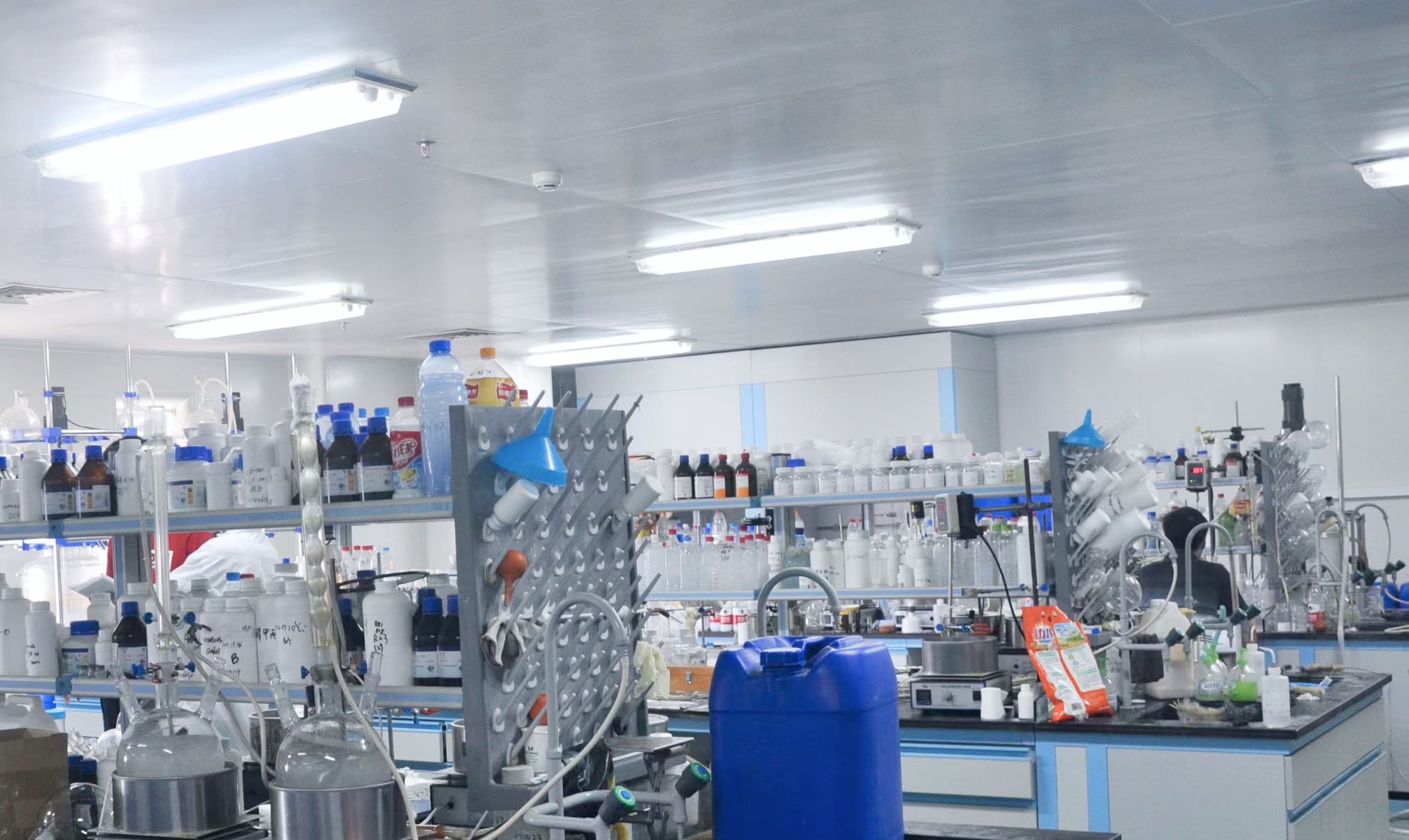

+86 27 8439 6550
+86 181 6277 0058
sales@cfsilanes.com
Optics Valley Bio-City
No. 666, Gaoxin Avenue
Hongshan District, Wuhan City

+86 27 8439 6550 | +86 181 6277 0058
sales@cfsilanes.com
Optics Valley Bio-City
No. 666, Gaoxin Avenue
Hongshan District, Wuhan City
Copyright © Hubei ChangFu Chemical Co., Ltd. All Rights



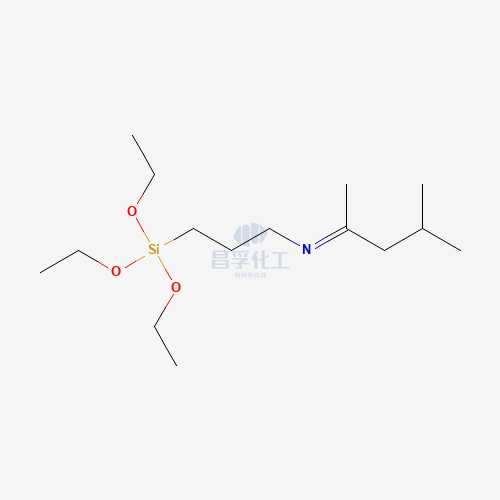
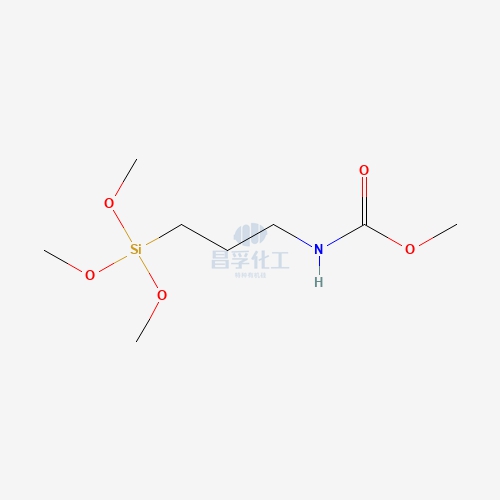
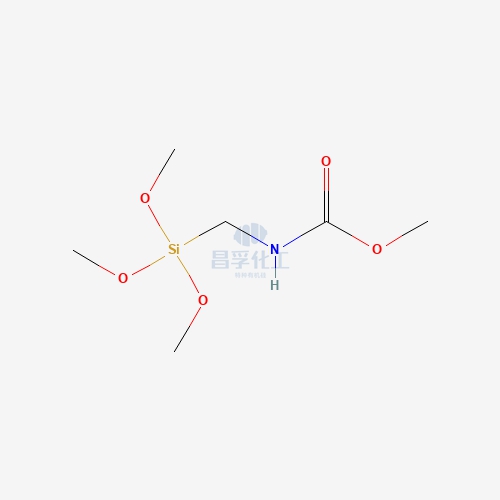
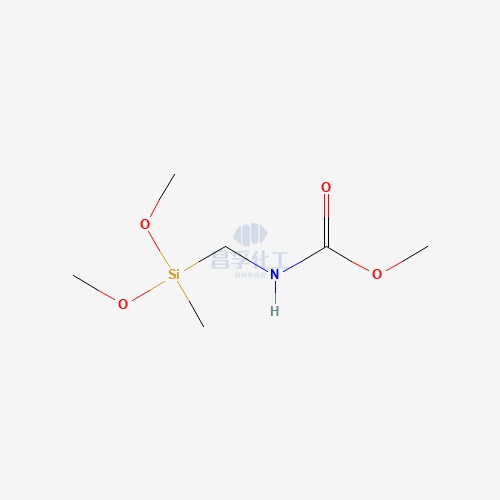
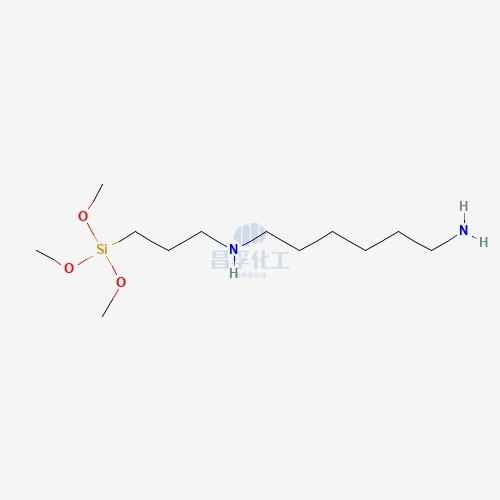
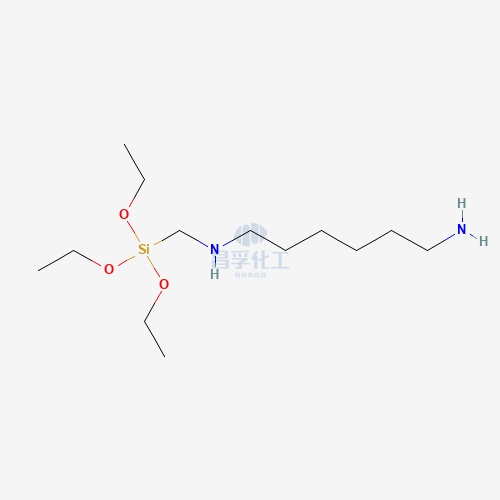
![N-[5-(Trimethoxysilylpropyl)-2-aza-1-oxopentyl]caprolactam CAS: 106996-32-1 106996 32 1 N-[5-(Trimethoxysilylpropyl)-2-aza-1-oxopentyl]caprolactam CAS: 106996-32-1 106996 32 1](https://cdn.yofishseo.com/1363882761272232/106996-32-1.jpg)
